Skydio X10 Parachute System Fails: FAA Pulls Certification After Zero Sales
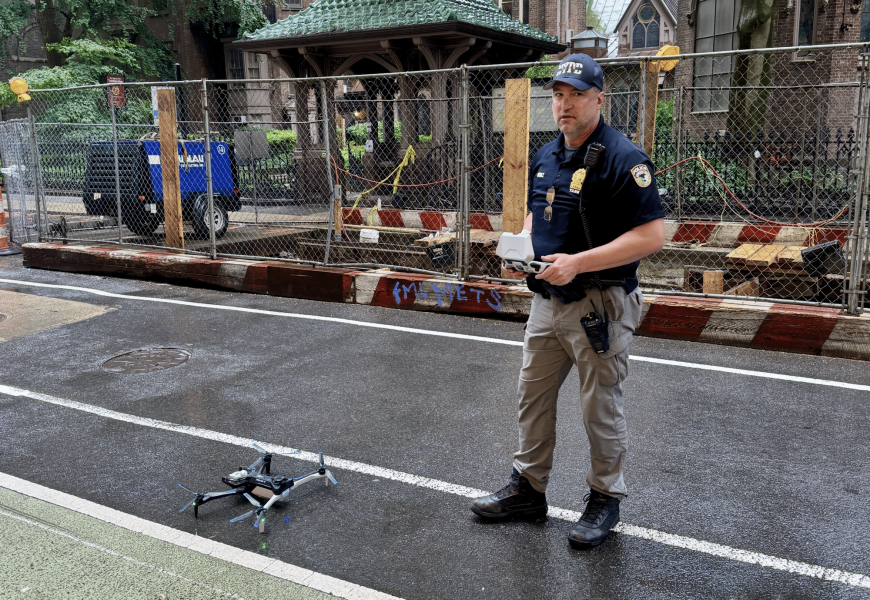
Snag the 2025 Apple MacBook Air M4 13-inch for $799 (Save $200!) – Limited Amazon Deal!
The drone industry’s latest head-scratcher: A company that spent months getting FAA approval, then immediately asked to have it taken away.
The Federal Aviation Administration has rescinded its approval for the Skydio X10 drone equipped with an AVSS parachute recovery system, effective immediately. The certification withdrawal came after manufacturer AVSS voluntarily requested rescission, citing discontinued support and zero production sales.
The FAA’s decision eliminates a key safety certification that would have allowed the drone configuration to operate over populated areas under strict regulatory guidelines for commercial operations.
AVSS Voluntarily Abandons Drone Parachute Project
Aerial Vehicle Safety Solutions (AVSS) requested the FAA rescind the Declaration of Compliance (DOC) for its Parachute Recovery System integrated with the Skydio X10 on April 2, 2025. The company indicated it was “no longer supporting this unmanned aircraft configuration and that no production units were sold,” according to the FAA notice published September 18, 2025.
The original certification, assigned tracking number OOP000000176, was approved by the FAA on August 26, 2024, under Part 107 regulations governing operations over people (OOP). This certification would have permitted Category 2 or Category 3 drone operations over crowds and populated areas with enhanced safety requirements.
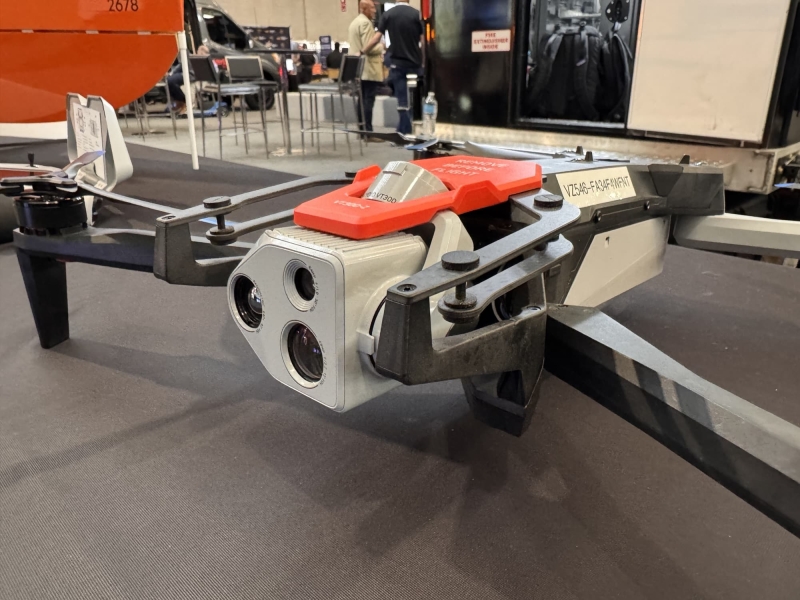
Operations Over People Certification Requirements
The rescinded system had met stringent FAA requirements under 14 CFR Part 107, Subpart D, which establishes safety standards for unmanned aircraft operations over people. Manufacturers must demonstrate compliance with sections 107.120 or 107.130 through FAA-accepted means of compliance, submitting detailed technical documentation through the agency’s UAS Declaration of Compliance website.
The parachute recovery system was designed as an additional safety measure beyond standard drone failsafe mechanisms, intended to reduce kinetic energy upon impact if the aircraft experienced a malfunction while operating over people.
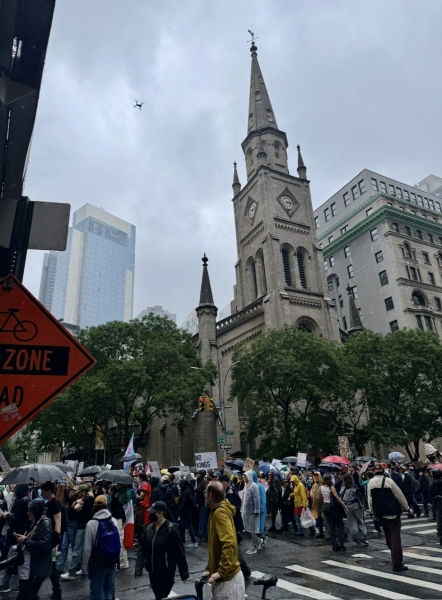
Market Impact on Skydio Operations
The certification rescission affects only the specific Skydio X10 configuration with AVSS’s parachute system. Standard Skydio X10 operations remain unaffected, though operators seeking over-people capabilities must pursue alternative certification pathways or equipment configurations. AVSS’s withdrawal from the project before any commercial sales suggests potential challenges in bringing parachute-equipped drone systems to market, despite regulatory approval. The company’s decision to abandon support may reflect technical, economic, or market viability concerns that emerged after certification.
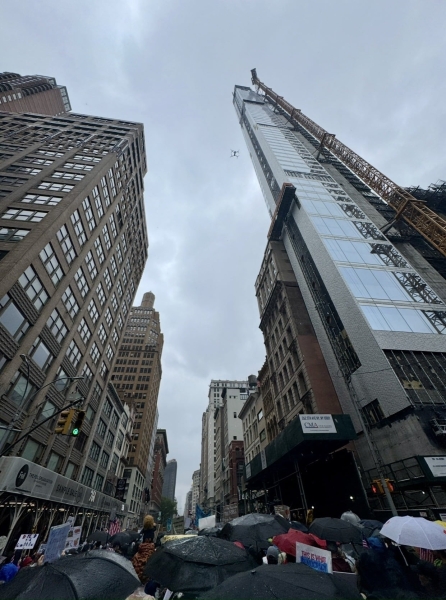
Regulatory Cleanup Process
The FAA’s rescission represents administrative housekeeping rather than a safety-related enforcement action. Since no production units reached commercial operators, the withdrawal creates no immediate operational disruptions for drone professionals currently conducting over-people missions. The agency’s willingness to process voluntary rescission requests demonstrates regulatory flexibility when manufacturers abandon certified products before market deployment.
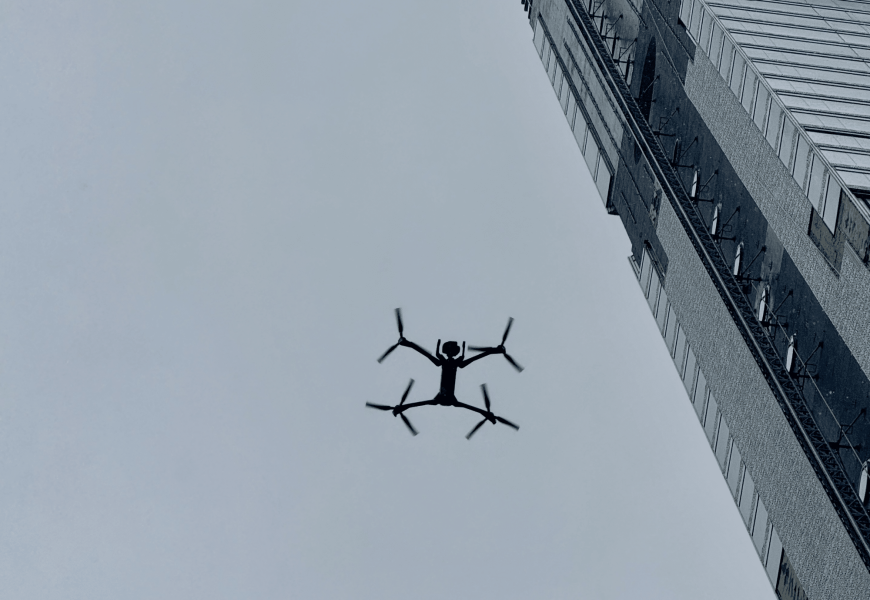
DroneXL’s Take
This episode highlights persistent challenges in the commercial drone parachute recovery market. Despite achieving FAA certification—no small feat given the agency’s rigorous safety requirements—AVSS couldn’t translate regulatory approval into viable commercial product.
The abandoned Skydio X10 parachute system joins a growing list of certified drone accessories that never reached meaningful market penetration. This raises questions about the disconnect between regulatory certification processes and actual market demand for enhanced safety systems in commercial drone operations.
While Skydio continues expanding its enterprise drone portfolio, the parachute system withdrawal suggests even major manufacturers struggle with third-party safety integrations. Does this reflect broader market reluctance to invest in over-people capabilities, or simply the challenges of bringing complex safety systems to scale?
What’s your experience with parachute recovery systems in commercial drone operations? Share your thoughts in the comments below.
